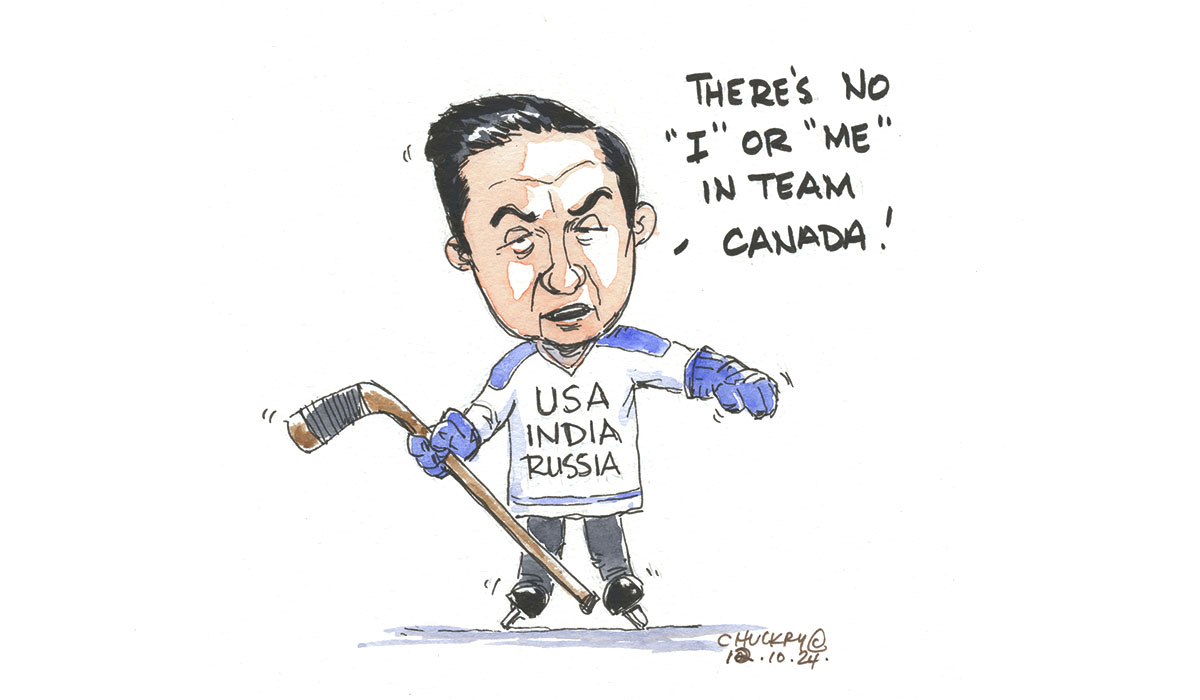Image Credit, Niek Verlaan
The outdated and demoralizing practice of using arbitrary constraints in employee performance reviews—especially when companies employ a one-to-five rating scale but effectively cap scores at four—needs to be abolished. The rationale that “we don’t give out fives” is not just absurd; it’s fundamentally counterproductive. If the highest rating is unattainable by design, what is the point of striving for excellence? This misguided policy sends a message to employees that no matter how exceptional their performance, their efforts will always fall short in the eyes of management.
This approach undermines motivation and fosters resentment among high-performing employees. If someone genuinely deserves the highest rating for going above and beyond their role, delivering consistent results, or innovating in their work, they should receive it. Denying them the recognition they’ve earned with an arbitrary ceiling diminishes the value of the review process and erodes trust in the system. It’s akin to dangling an unreachable carrot, which leads to disillusionment and a “why bother?” attitude.
The issue parallels another baffling practice in professional sports, particularly in basketball, where certain coaches refuse to give rookies meaningful playing time, regardless of their talent or potential. Imagine being a top draft pick, clearly among the best on the team, but benched solely due to an unspoken rule that prioritizes seniority over ability. It’s not only unfair but also a missed opportunity to maximize talent and achieve success. Both scenarios—whether in corporate offices or sports arenas—reflect a rigid adherence to tradition over logic, sacrificing long-term gains for short-term conformity.
For companies, clinging to such outdated policies risks losing exceptional employees. Talented individuals will inevitably seek environments where their efforts are properly acknowledged and rewarded. A rigid system that caps achievement not only devalues hard work but also stifles innovation, collaboration, and growth. Why should anyone strive to excel if excellence itself is preemptively dismissed?
Performance reviews should inspire employees to aim higher and recognize their contributions meaningfully. If the system itself is designed to limit achievement, it becomes a hollow exercise that fails its purpose. It’s time for businesses to evolve. By recognizing and rewarding true excellence without artificial limits, companies can foster a culture of ambition, engagement, and loyalty. Otherwise, they risk creating a workforce of disengaged, uninspired individuals who have learned that no matter how hard they work, the system is stacked against them.









